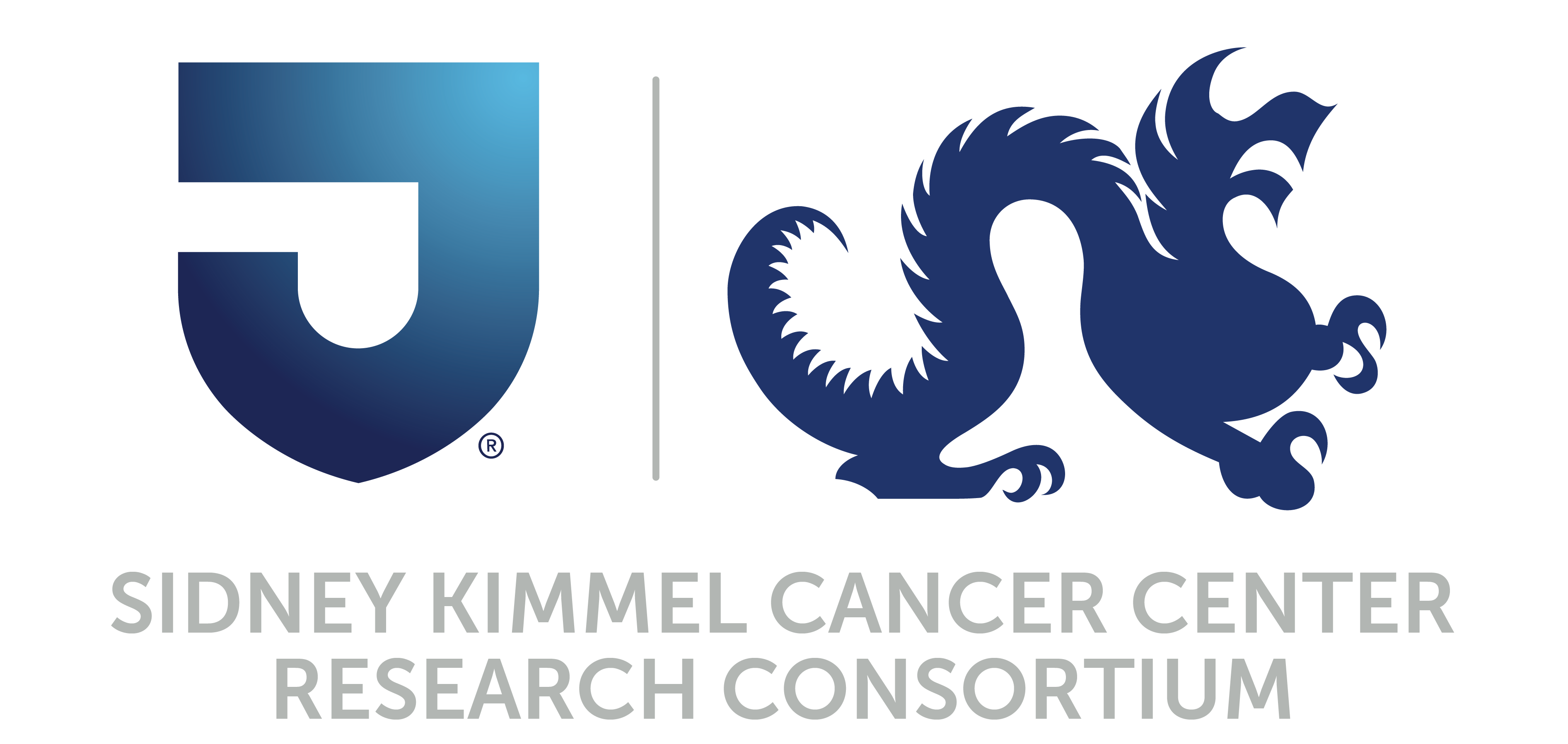- Advertise
- About OncLive
- Editorial Board
- MJH Life Sciences brands
- Contact Us
- Privacy
- Terms & Conditions
- Do Not Sell My Information
2 Clarke Drive
Suite 100
Cranbury, NJ 08512
© 2025 MJH Life Sciences™ and OncLive - Clinical Oncology News, Cancer Expert Insights. All rights reserved.
Dr. Basu-Mallick on Selecting Frontline HER2-Directed Therapy in CRC
Atrayee Basu-Mallick, MD, discusses factors to consider when selecting a frontline HER2-directed treatment regimen for patients with colorectal cancer.
Atrayee Basu-Mallick, MD, a medical oncologist at Sidney Kimmel Cancer Center and clinical assistant professor at Thomas Jefferson University, discusses factors to consider when selecting a frontline HER2-directed treatment regimen for patients with colorectal cancer (CRC).
HER2-directed therapies have demonstrated response rates ranging from 30% to 50% in patients with CRC, says Basu-Mallick. Current HER2-targeted therapies are reserved for patients who are KRAS wild-type because data have not shown the utility of these therapies in patients who harbor KRAS mutations. Patients with HER2-positive, KRAS wild-type disease should receive HER2-directed therapy rather than traditional third- or fourth-line options, such as regorafenib (Stivarga) or trifluridine/tipiracil (TAS-102; Lonsurf), because the traditional options have demonstrated very low response rates in this patient population, Basu-Mallick explains.
In the frontline setting, the combinations of trastuzumab (Herceptin) and pertuzumab (Perjeta), trastuzumab and lapatinib (Tykerb), or trastuzumab and tucatinib (Tukysa) are valid options for patients, says Basu-Mallick. The toxicity profiles associated with each regimen may inform which combination is best for which patients, Basu-Mallick adds. Additionally, fam-trastuzumab deruxtecan-nxki (Enhertu) should be reserved for patients who progress on initial HER2-directed therapy because that was the setting the antibody-drug conjugate was evaluated in, concludes Basu-Mallick.
Related Content:





